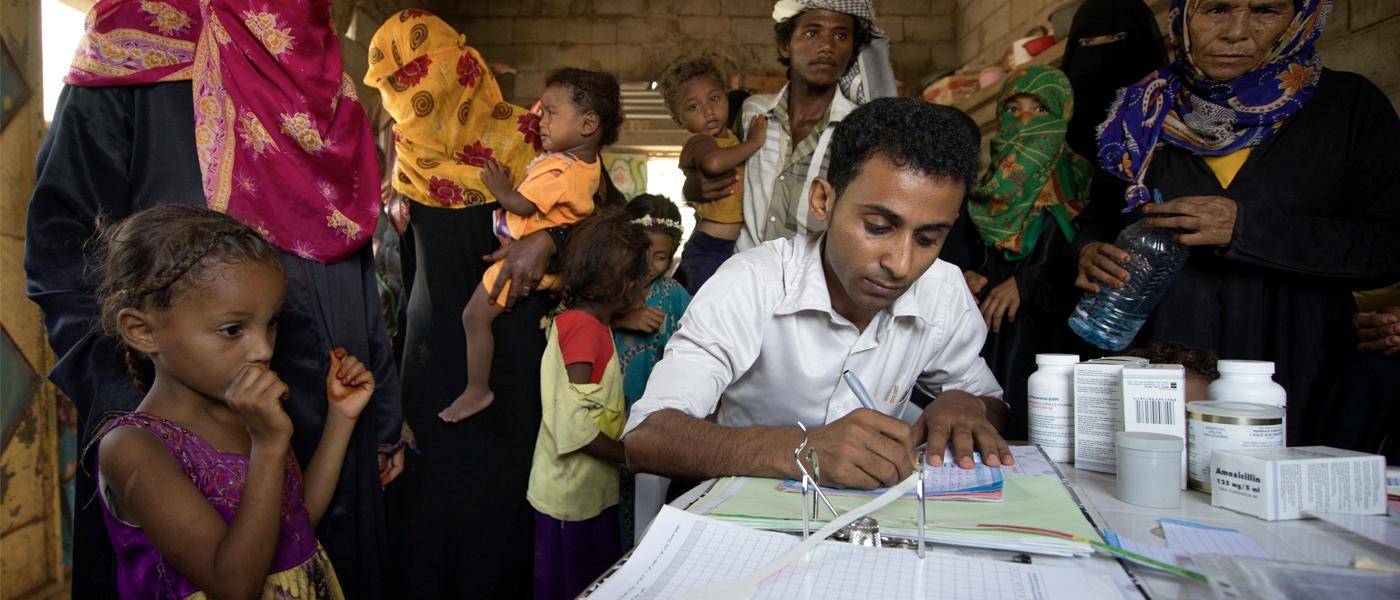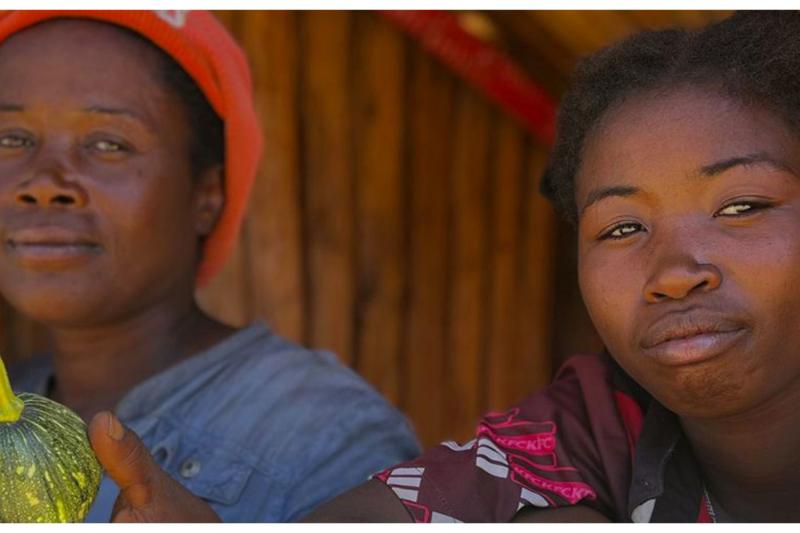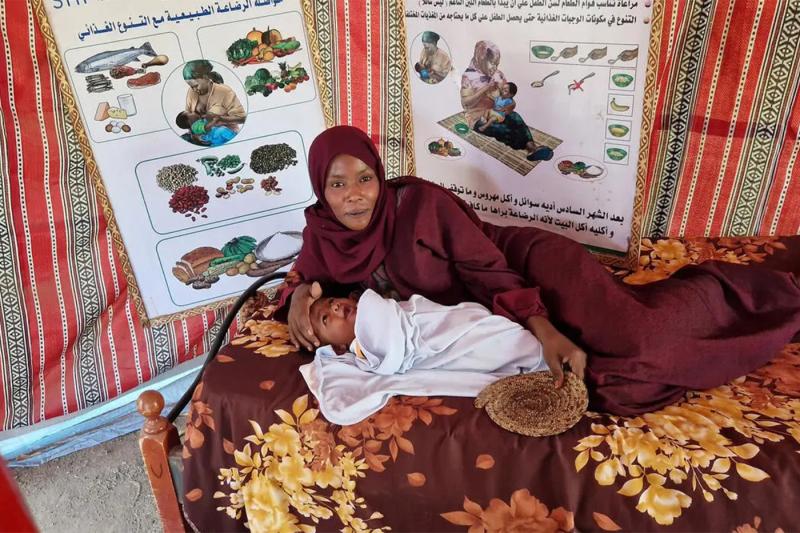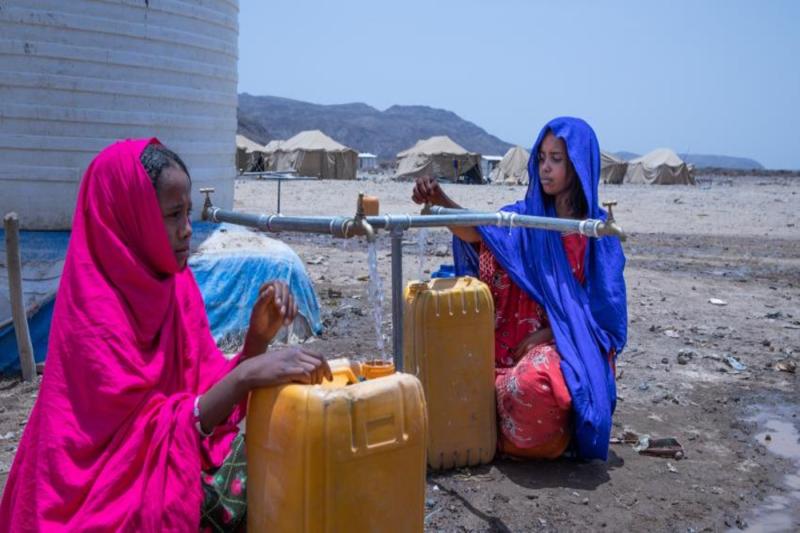
Yemenis receive urgent health care with help of CERF funding
With only half of health facilities fully functional, 16.4 million people in Yemen require assistance to ensure adequate access to healthcare, with 9.3 million in acute need of urgent help. Ongoing outbreaks of cholera and diphtheria have underscored the impacts of a failing health system. The World Health Organization (WHO) is striving to fill a critical healthcare shortage with funds recently released from CERF’s Rapid Response window. A total of $9.1 million will help 630,000 people in urgent need of health care, including chronically ill people, pregnant and lactating mothers, severely malnourished children, and injured people, in the districts around Sana’a and al-Hudayda.
WHO is working with partners “to fill critical gaps in the provision of basic healthcare, to respond to disease outbreaks, to strengthen disease surveillance, to distribute medical supplies and to deliver life-saving services to mothers and their children,” said WHO Yemen Representative Nevio Zagaria.
Assistance will be provided in the form of health services, including for general services and trauma; child and nutrition care; reproductive, maternal and new-born care; mental health; and treatment for communicable diseases and life-threatening non-communicable diseases.
“CERF funding will provide additional resources help make our work possible at a time of great need for the people of Yemen,” said Mr. Zagaria.
The funding to WHO is part of an allocation of US$50 million to respond to urgent needs in Yemen. Funding is enabling partners to scale up urgent life-saving assistance. With its largest-ever allocation, CERF intends to focus on an integrated, comprehensive food, nutrition, safe water and health support in 27 high-priority districts at risk of famine as well as on responding to worsening diphtheria outbreak.


